10 L-Glutamine Health Benefits And Its Sources
Boost your immunity and build lean muscles with L-Glutamine foods and supplements.

Image: Shutterstock
Wondering what L- glutamine does? Well, there are many benefits of L- glutamine, and athletes favor it quite a bit. Do you spend your mornings at the gym and don’t see results in your muscles, or do you feel fatigued in the afternoons after work or tired at night and need to prevent lethargy? If you answered yes, and are wondering what is L-glutamine good for in this regard? Well, it can help supplement the required levels of amino acids, thereby boosting energy levels and preventing lethargy.
 Know Your Ingredient: L-Glutamine
Know Your Ingredient: L-GlutamineWhat Is It?
A type of amino acid naturally present in foods.
What Are Its Benefits?
Helps improve gut health and prevents gastrointestinal diseases, prevents inflammation, boosts immunity, aids muscle development, and may help weight loss.
Who Can Consume It?
Glutamine supplements can be taken by athletes, bodybuilders, people trying to lose weight, or patients under medical recommendations.
How Often?
2-5 grams daily.
Caution
Overconsumption may cause allergic reactions leading to hives, inflammation, fatigue, fever, and breathing problems.
In This Article
Why Are Amino Acids Important?
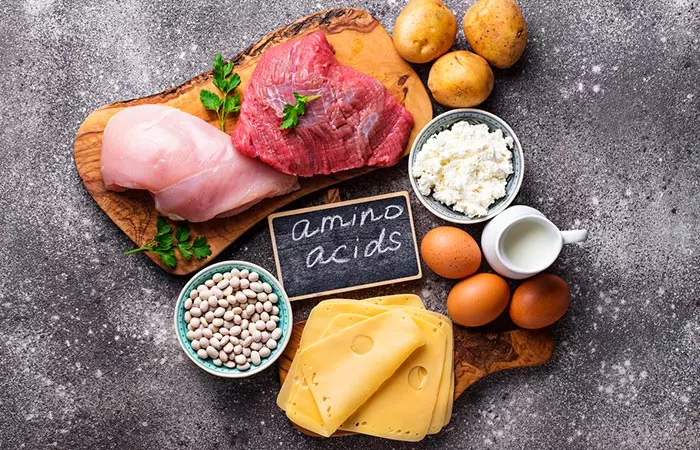
Glutamine is an amino acid. And it is available in two forms – L-glutamine and D-glutamine. Of the two, L-glutamine is most beneficial to humans and is naturally found in foods.
Before you get to know more about L-glutamine, it is important you know why amino acids are necessary.
We know that our body is made of proteins. And proteins are made of amino acids. These amino acids are vital for several bodily functions. Deficiency of amino acids can lead to an increased risk of disease, stress, anxiety, low energy levels, and several other complications. Now you know why they are important.
Amino acids are of two types – essential and non-essential. The former is the class of amino acids that our body cannot produce and must be taken from external sources. And the latter are those our body can produce. What makes L-glutamine unique (almost) is that it is a non-essential but conditionally essential amino acid – your body needs it only during times of injury or severe stress (1), (2).
Key Takeaways
- L-glutamine is highly important for energy production and maintaining energy levels and good health.
- Its regular consumption helps improve the immune system and supports cognitive function.
- L-glutamine can help improve muscle recovery and reduce muscle damage.
- Its intake is linked with the improvement of metabolism and regulation of blood sugars, which can help with weight reduction.
What Makes L-Glutamine Unique?
There are 20 amino acids. But why are we talking about L-glutamine alone? What’s so special about it?
L-glutamine plays a special role in improving gut health. And why are we stressing about that? Because the gut is often called the body’s second brain. The health of your gastrointestinal system plays the most important role in your overall well-being. Though L-glutamine has other benefits, its role in boosting gut health is what sets it apart (3).
L-glutamine is the most abundant amino acid in the human body. Its concentration is higher than all the other 19 amino acids combined.
And like we said, it is a non-essential but conditionally essential amino acid. The body usually produces enough of it. But there are times when one needs to take the amino acid from external sources for its benefits.
What Are The Benefits Of L-Glutamine?
1. Improves Gastrointestinal Health

L-glutamine is crucial for repair and maintenance of the intestines, which is why it can work great for treating gastrointestinal issues like leaky gut and ulcerative colitisi An inflammatory bowel disease that causes ulcers in the colon and rectum. This condition increases the risk of colon cancer. (4), (5). Studies also show how this amino acid can help preserve the gut barrier and protect the intestinal junctions from disease (6). And since issues like leaky gut also cause hypothyroidism and psoriasis, glutamine can help prevent these ailments as well.
Some studies also state that L-glutamine could be useful in the treatment of irritable bowel syndrome. However, research is still in its initial stages and promising data is lacking. More studies are warranted in this regard (7), (8).
Glutamine also fights intestinal inflammation and helps people recover fast from food sensitivities. It also boosts the activity of the immune system within the gut, further promoting gut health. It also acts as a source of energy for the intestinal cells.
Vickie Ewell, a culinary specialist and recipe developer, tried L-glutamine and shared her experience. In her blog, she writes, “Within a month or two my brain fog had completely disappeared, and I was able to eat most forms of dairy again with no consequences. The only thing I had to pay attention to was how much milk I was getting in my cooking (i).”
2. Can Aid Weight Loss

Some research shows that glutamine intake could be a safe and effective way to aid weight loss (9). This could especially be true if your glutamine comes from foods rich in protein as well. Foods rich in protein can help you feel full for longer periods, and this could aid weight loss in a way (10).
However, we need more studies to understand the mechanism of glutamine in weight loss.
Interestingly, the levels of HGH (human growth hormone) are up by close to 400% post glutamine intake. This can offer great benefits as HGH is known to boost resting metabolism and after-burn effect (which is required for burning fat) (11). These effects also help build lean muscle mass and help in weight loss.
3. May Help Fight Cancer
In studies, L-glutamine had exhibited a preventive role against cancer. It had helped prevent cancer and its associated effects, in addition to restoring the intestinal mucosa (which also have a role to play in cancer prevention and cancer treatment) (12).
4. Builds Muscle
Since L-glutamine is linked to protein synthesis, it protects your muscles from being catabolized (or eaten up). Also, glutamine levels are bound to diminish during intense workout sessions – which is where L-glutamine helps to make up for the lost glutamine.
And as we say, glutamine plays a role in the production of human growth hormone – which again contributes to muscle growth. The hormone increases the volume of muscle cells and increases muscle mass. In a way, it helps preserve muscle tissue.
Also, did you know that about 60% of your skeletal muscle is made of glutamine? That speaks a lot about the importance of glutamine for muscle building, doesn’t it?
5. Enhances Athletic Performance

We already saw how glutamine could prevent muscle catabolism and improve the levels of HGH – and these factors improve athletic performance as well. In addition, glutamine also enhances glycogeni A polysaccharide formed due to excess glucose in the body which serves as stored energy in animals. storage and hydrates muscle cells – and this further proves to be beneficial to athletes.
Another way glutamine helps is by ridding the body of excess levels of ammonia – as interesting as it might seem, this amino acid converts additional ammonia into beneficial amino acids, improving athletic performance as a result (13).
6. Boosts Immunity
When patients who underwent bone marrow transplantation were supplemented with glutamine, they showed a lowered risk of contracting infections – this does show the potential of L-glutamine as an immune-boosting agent (14).
7. Promotes Brain Health
Glutamate is an important neurotransmitter in the brain, and glutamine helps regulate the glutamate-glutamine cycle (which is an important brain function). A disruption in this cycle can lead to serious brain ailments like epilepsyi A neurological disorder in which brain activity becomes abnormal and leads to seizures and sometimes loss of awareness. , anxiety, stress, depression, and even alcohol addiction (15).
L-glutamine was also found to slow down brain aging. Though more research is being done in this aspect, this sure looks encouraging.
8. May Help Treat Sickle Cell Anemia
This is one condition where the red blood cells shrink in size and shape, resulting in severe anemia. Some sources suggest that supplementation with L-glutamine can help treat this condition (16). However, we need more research here. So, consult your doctor before using the amino acid for this purpose.
9. Can Aid Diabetes Treatment
We saw that L-glutamine helps burn fat. One of the other ways it achieves this is by suppressing insulin levels and stabilizing blood glucose levels. This way, it helps combat high blood sugar levels, thereby preventing diabetes (and even helping with diabetes management).
More interestingly, this amino acid helps fight sugar and carb cravings as well – thereby making it easier for individuals to prevent high blood sugar (17).
10. May Help Manage Bipolar Disorder
Though research is limited, L-glutamine is thought to play an important role in brain function and mental health. Imbalance in amino acids, including that of L-glutamine, could be linked to mood disorders. However, while L-glutamine deficiency may possibly aggravate bipolar disorder in some individuals, the condition itself is complex and is influenced by various genetic, environmental, and neurological factors. Research has shown that deficiency of amino acids can worsen maniac episodes in individuals with bipolar disorder (18). Hence, it is advisable to consult with a qualified healthcare provider to figure out treatment options as per the individual’s needs.
These are the ways L-glutamine can help make your life better. Well, the amino acid is already produced by your body. So, you don’t need to take it from external sources, unless in certain situations – these include injury or illness or extreme stress.
Talking about external sources, what foods are rich in this amino acid?

Glutamine is available in plant and animal sources, though the amino acid from the animal sources is not as easily digestible. Here are some glutamine-rich foods that can include in your diet:
- Bone broth
- Spirulina
- Grass-fed beef
- Eggs
- Asparagus
- Chinese cabbage
- Broccoli rabe
- Venison
- Turkey
- Wild salmon
- Tofu
- Corn
- Skim milk
However, this is not it. There are more options when it comes to glutamine-rich foods. Do explore them to find options that match your taste preferences.
 Quick Tip
Quick TipThe dosage of L-glutamine is more important to be considered while taking supplements. The best dosage is 2 to 5 grams of the amino acid daily. For power athletes, this dosage can go up to 10 grams a day. But it is important to note that this dosage is for reference only, and we recommend you visit your doctor for the ideal dosage for you.
In case you are taking supplements for long-term benefits, you can also supplement with B vitamins (they prevent the build-up of glutamine in the body, which is rare). However, the use of glutamine supplements is not routinely recommended by medical professionals. We suggest you seek medical advice before going for any.
 Quick Tip
Quick TipThough side effects with glutamine overdose are rare, you can check for these symptoms:
- Hives
- Breathing difficulties
- Swelling of the lips, face, and tongue
- Other serious side effects may include chest pain, hearing issues, and signs of fever like flu and weakness (visit your doctor right away in such cases).
Note
: It is important to consult a healthcare professional before beginning supplementation, especially for those who already have health issues. This reduces the possibility of negative responses and ensures that L-glutamine supplementation is suitable for your unique medical requirements.
Infographic: Top 5 Advantages Of L-Glutamine
L-Glutamine offers a range of benefits for our overall health and well-being. Its versatility and effectiveness make it a popular supplement among athletes, fitness enthusiasts, and individuals seeking to enhance their overall health. Check out the infographic below to explore its top advantages.
Some thing wrong with infographic shortcode. please verify shortcode syntaxL-glutamine is an important amino acid produced naturally in the body. This conditionally essential amino acid helps treat many ailments. L-glutamine benefits your health in many ways. For example, it may improve gastrointestinal health, aid in weight loss, help fight cancer, aid in anxiety relief and depression treatment, build muscle, and enhance athletic performance. It may also have potential benefits for skin health (like anti-aging properties), however, more research is needed before it can be recommended as a standard treatment. It is available in many plant and animal sources. However, excess consumption of this amino acid may cause hives, breathing difficulties, swelling of lips, and chest pain. Hence, consume it in the recommended dosage. Consult your doctor in case of any emergencies.
Frequently Asked Questions
How long does L-glutamine take to help heal intestinal issues?
Most gut problems can take 2 to 12 weeks to heal. In case of more severe gut problems, glutamine can take anywhere between 12 to 24 months to show results.
Where to buy L-glutamine supplements?
You can buy the supplements from your nearest health store or online.
When should you take L-glutamine?
Individuals with bad liver health symptoms, kidney issues, Reye’s syndrome, cancer, or allergy to L-glutamine should avoid taking L-glutamine in the supplement form.
Who should not take L-glutamine?
Individuals with liver disease, kidney issues, Reye’s syndrome, cancer, or allergy to L-glutamine should avoid taking L-glutamine in the supplement form.
Is L-glutamine good for hair?
There is no evidence to suggest that supplementation with L-glutamine helps with hair growth. However, as glutamine is associated with improved gut health, it may help with hair health as a healthy gut benefits nutrient absorption (3), (19).
Are L-glutamine pills or powder better?
While there is a lack of studies to indicate that supplementation with glutamine powder is better than taking it in the form of a pill, it may be easier to absorb by the body in powder form.
Can I take L-glutamine and probiotics at the same time?
Yes. Research indicates that it may even be beneficial to take probiotics and L-glutamine at the same time to improve their efficacy against intestinal issues (20).
Can L-glutamine affect sleep?
Yes, supplementation with L-glutamine may help improve sleep quality and quantity. According to research, L-glutamine helps in the synthesis of GABA, a neurotransmitter responsible for inducing sleep (21).
Can I mix L-glutamine with my protein shake?
Yes, you can take L-glutamine with other protein supplements as they are all amino acids. However, it is better if you take it with a drink (ideally, plain water) that is at room temperature, as the heat from hot beverages may affect the quality of the L-glutamine.
Can I drink coffee after taking L-glutamine?
It is recommended that you avoid drinking hot coffee after taking L-glutamine. However, there is no evidence to suggest that it can cause any adverse interaction.
References
Articles on StyleCraze are backed by verified information from peer-reviewed and academic research papers, reputed organizations, research institutions, and medical associations to ensure accuracy and relevance. Read our editorial policy to learn more.
- Amino acids, US National Library of Medicine.
https://medlineplus.gov/ency/article/002222.htm - Glutamine as an Immunonutrient, Yonsei Medical Journal, US National Library of Medicine, National Institutes of Health.
https://www.ncbi.nlm.nih.gov/pmc/articles/PMC3220259/ - The Roles of Glutamine in the Intestine and Its Implication in Intestinal Diseases, International Journal of Molecular Sciences, US National Library of Medicine, National Institutes of Health.
https://www.ncbi.nlm.nih.gov/pmc/articles/PMC5454963/ - Effects of Enteral Supplementation With Glutamine Granules on Intestinal Mucosal Barrier Function in Severe Burned Patients, Burns, US National Library of Medicine, National Institutes of Health.
https://pubmed.ncbi.nlm.nih.gov/15019120/ - Germinated Barley Foodstuff Feeding. A Novel Neutraceutical Therapeutic Strategy for Ulcerative Colitis, Digestion, US National Library of Medicine, National Institutes of Health.
https://pubmed.ncbi.nlm.nih.gov/11173912/ - Role of Glutamine in Protection of Intestinal Epithelial Tight Junctions, Journal of epithelial biology & pharmacology, US National Library of Medicine, National Institutes of Health.
https://www.ncbi.nlm.nih.gov/pmc/articles/PMC4369670/ - Randomised placebo-controlled trial of dietary glutamine supplements for postinfectious irritable bowel syndrome, Gut, BMJ Journals.
https://gut.bmj.com/content/68/6/996 - Intestinal Permeability in Patients With Diarrhea-Predominant Irritable Bowel Syndrome: Is There a Place for Glutamine Supplementation?, Gastroenterology.
https://www.gastrojournal.org/article/S0016-5085(15)00344-3/fulltext - Glutamine Supplementation Favors Weight Loss in Nondieting Obese Female Patients. A Pilot Study, European Journal of Clinical Nutrition, US National Library of Medicine, National Institutes of Health.
https://pubmed.ncbi.nlm.nih.gov/25226827/ - Protein, Weight Management, and Satiety, The American Journal of Clinical Nutrition, US National Library of Medicine, National Institutes of Health.
https://pubmed.ncbi.nlm.nih.gov/18469287/ - Increased Plasma Bicarbonate and Growth Hormone After an Oral Glutamine Load, The American Journal of Clinical Nutrition, US National Library of Medicine, National Institutes of Health.
https://pubmed.ncbi.nlm.nih.gov/7733028/ - Supplementation With L-glutamine Prevents Tumor Growth and Cancer-Induced Cachexia as Well as Restores Cell Proliferation of Intestinal Mucosa of Walker-256 Tumor-Bearing Rats, Amino Acids, US National Library of Medicine, National Institutes of Health.
https://pubmed.ncbi.nlm.nih.gov/27539646/ - 15N-NMR Spectroscopy Studies of Ammonia Transport and Glutamine Synthesis in the Hyperammonemic Rat Brain, Developmental Neuroscience, US National Library of Medicine, National Institutes of Health.
https://pubmed.ncbi.nlm.nih.gov/9778582/ - Glutamine and the Immune System, Amino Acids, US National Library of Medicine, National Institutes of Health.
https://pubmed.ncbi.nlm.nih.gov/10582122/ - Roles of Glutamine in Neurotransmission, Neuron glia Biology, US National Library of Medicine, National Institutes of Health.
https://pubmed.ncbi.nlm.nih.gov/22018046/ - Oral L-glutamine Therapy for Sickle Cell Anemia: I. Subjective Clinical Improvement and Favorable Change in Red Cell NAD Redox Potential, American Journal of Hematology, US National Library of Medicine, National Institutes of Health.
https://pubmed.ncbi.nlm.nih.gov/9625578/ - Oral Glutamine Increases Circulating Glucagon-Like Peptide 1, Glucagon, and Insulin Concentrations in Lean, Obese, and Type 2 Diabetic Subjects, The American Journal of Clinical Nutrition, US National Library of Medicine, National Institutes of Health.
https://pubmed.ncbi.nlm.nih.gov/19056578/ - Nutritional therapies for mental disorders
https://www.ncbi.nlm.nih.gov/pmc/articles/PMC2248201/ - The Potential Relevance of the Microbiome to Hair Physiology and Regeneration: The Emerging Role of Metagenomics, Biomedicines, US National Library of Medicine, National Institutes of Health.
https://www.ncbi.nlm.nih.gov/pmc/articles/PMC7996884/ - Glutamine with probiotics attenuates intestinal inflammation and oxidative stress in a rat burn injury model through altered iNOS gene aberrant methylation, American Journal Of Translational Research, US National Library of Medicine, National Institutes of Health.
https://www.ncbi.nlm.nih.gov/pmc/articles/PMC5446535/ - Oral L-glutamine increases GABA levels in striatal tissue and extracellular fluid, FASEB Journal, US National Library of Medicine, National Institutes of Health.
https://pubmed.ncbi.nlm.nih.gov/17218538/
Read full bio of Madhu Sharma
Read full bio of Ravi Teja Tadimalla
Read full bio of Arshiya Syeda
Read full bio of Aparna Mallampalli







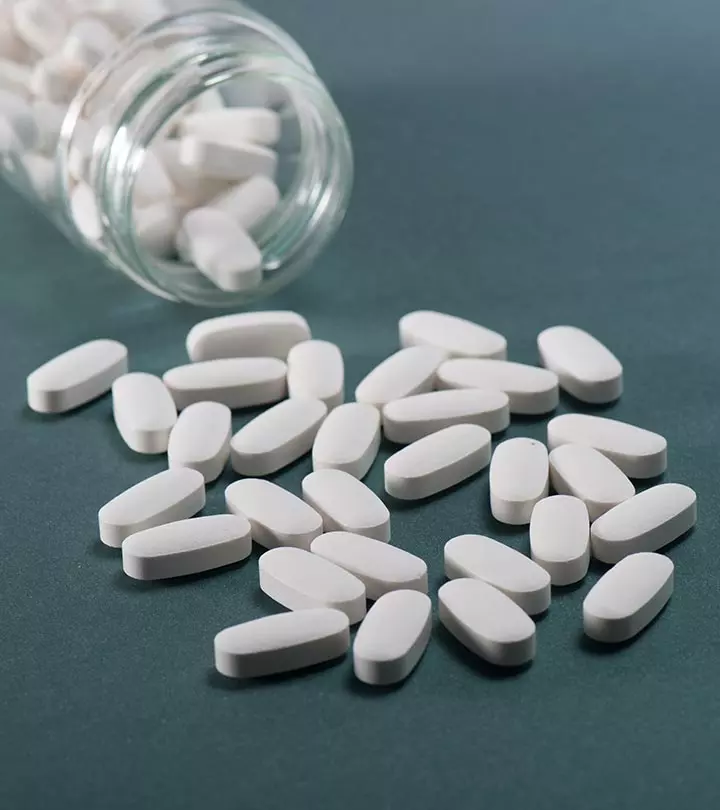
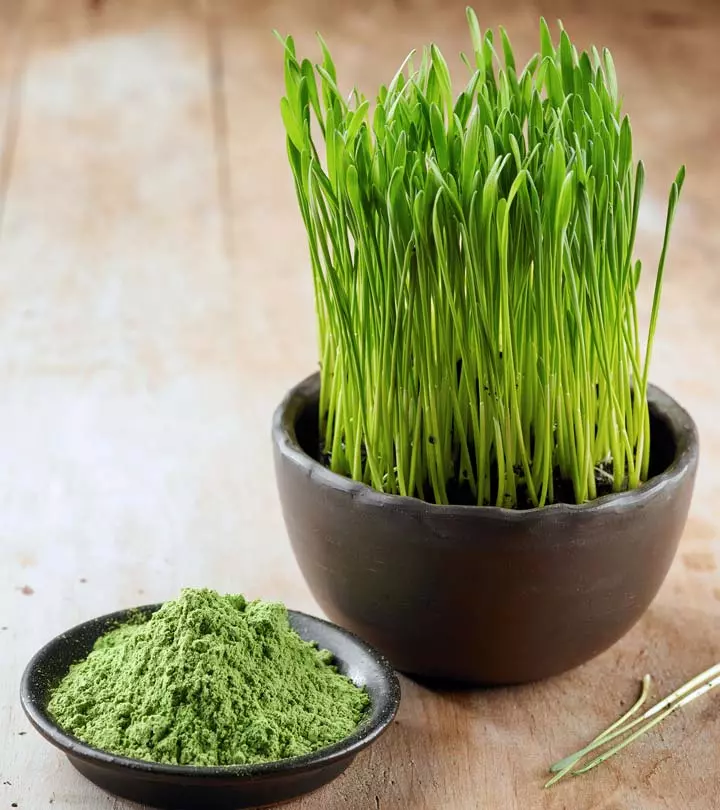

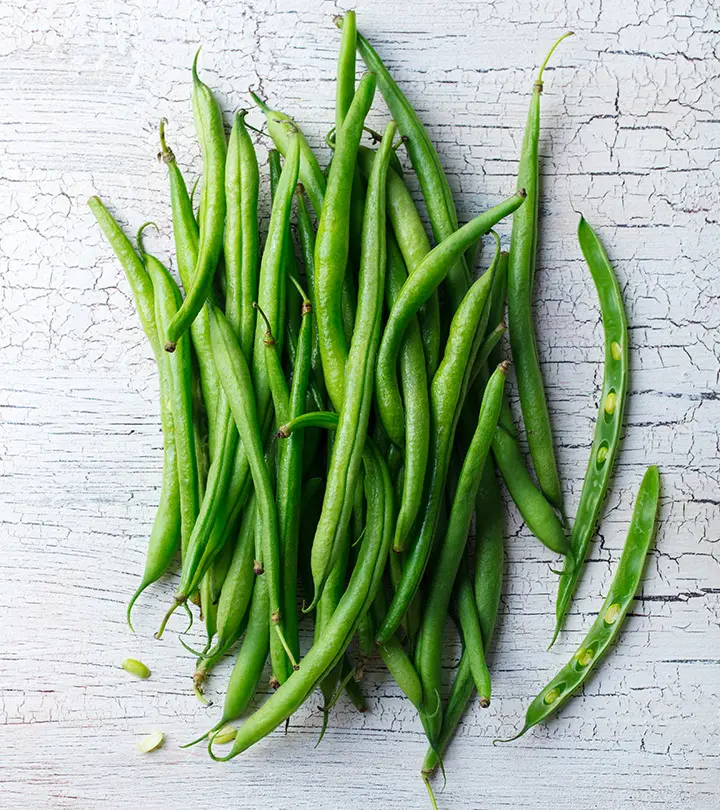


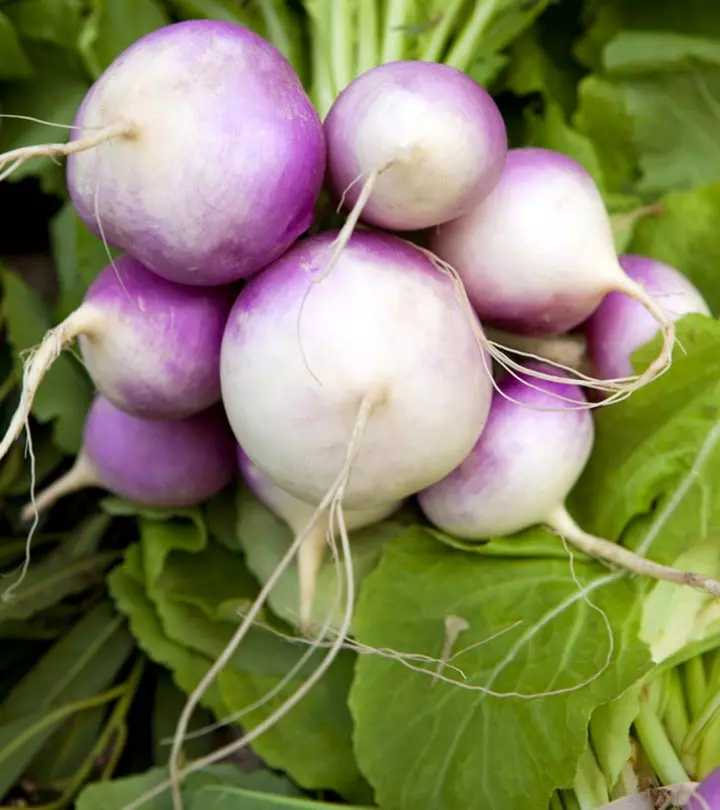
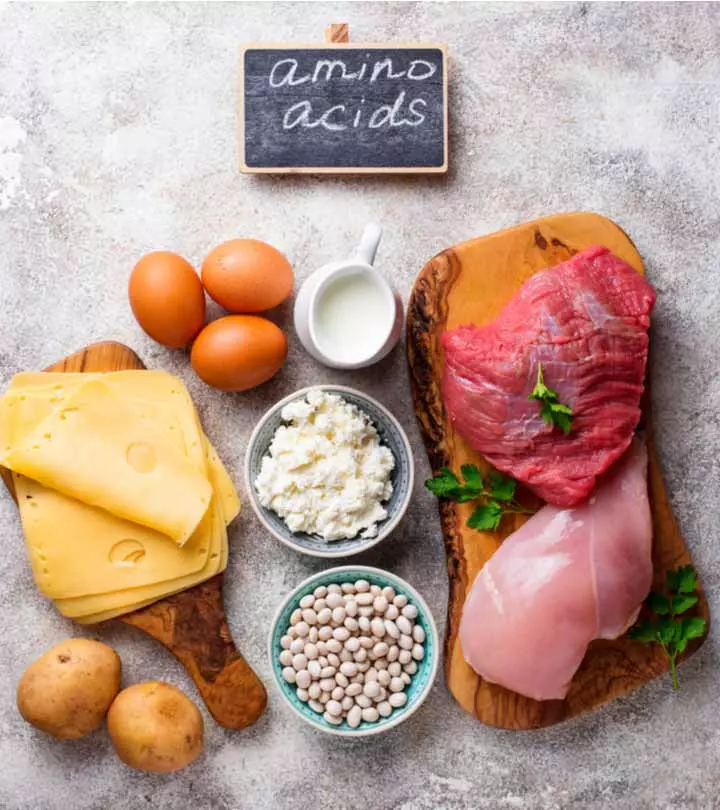




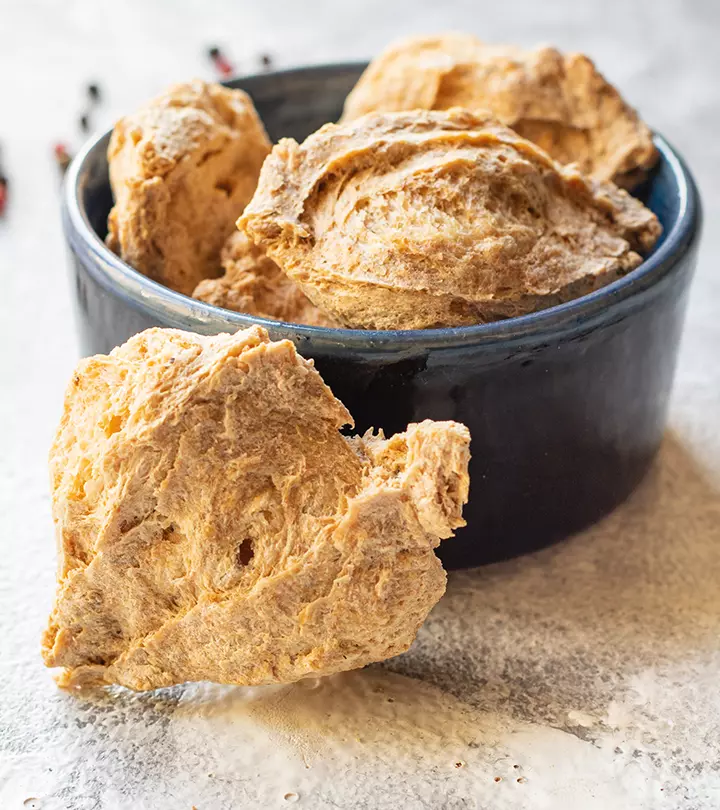







Community Experiences
Join the conversation and become a part of our empowering community! Share your stories, experiences, and insights to connect with other beauty, lifestyle, and health enthusiasts.